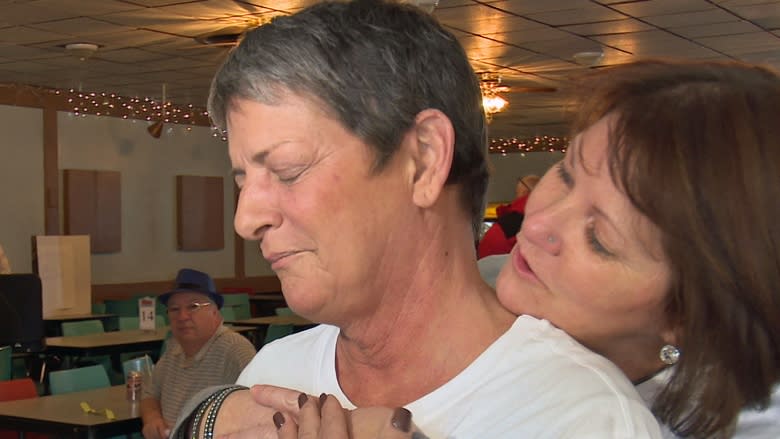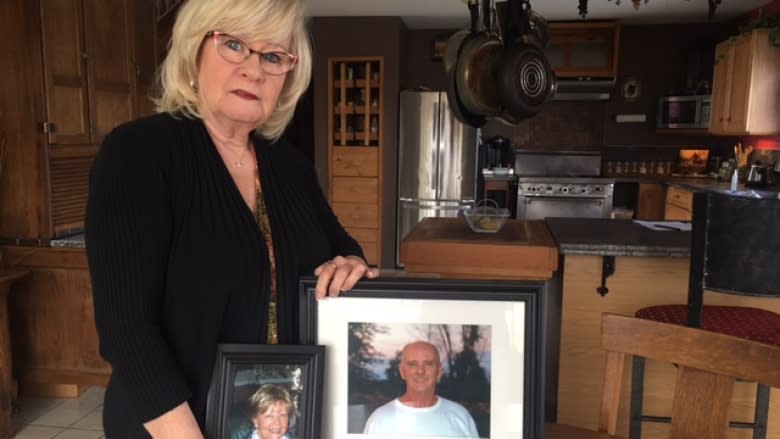Diluted chemo survivor vows to fight for an apology
Louise Martens is picking up the pieces of her shattered hopes.
The Windsor woman, and roughly 1,199 other cancer patients from Windsor, London and New Brunswick who received diluted chemotherapy drugs in 2012, learned the controversial $2,375-million settlement in their class-action lawsuit was deemed fair by a judge Friday.
Now Martens, and scores of others, are left scrambling to see if they have any other options.
"I was absolutely dismayed," she said. "So many have lost loved ones, so many are depressed and so many can't work anymore. It has taken a physical and mental toll on us all."
The class-action settlement breaks down to about $1,500 per person — a sum some of the patients have described as a "slap in the face."
Martens and dozens of other survivors packed a Windsor courtroom back in January, trying to convince Superior Court Justice Gregory Verbeem the amount didn't come close to acknowledging their loss and suffering.
'Science doesn't support damages'
Mike Peerless, a lawyer for the victims, said Friday they should be happy to have a settlement because "science doesn't support any damages."
The lawyer said only a small minority of victims opposed the settlement amount and only a vocal few argued against it.
"There, for sure, wasn't going to be a better settlement," he said. "There was going to be this settlement or no settlement."
Martens warns the impact of her experience goes far beyond money. She's lost trust in her oncologist and thinks more errors are possible if the medical community continues to focus on cost-cutting.
"I think other errors will happen and we'll find out about them the hard way after they've impacted people," she explained.
'Chemo-Core' wants apology
Now it's back to the drawing board, said Martens, who plans to see a lawyer to discuss her now-limited options before meeting with a group of seven woman called the 'Chemo-Core' who plan to continue fighting, at least until someone says sorry.
"A public apology would go a long way to letting patients and families impacted by this dilution know, 'We understand how valuable you are, how valuable your loved ones were and we acknowledge that something terrible has happened to you.'"



